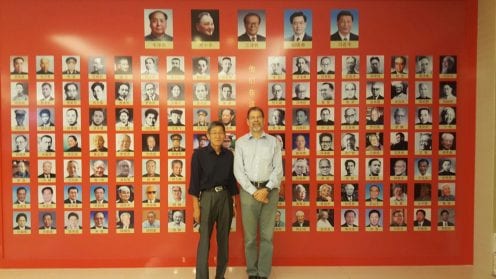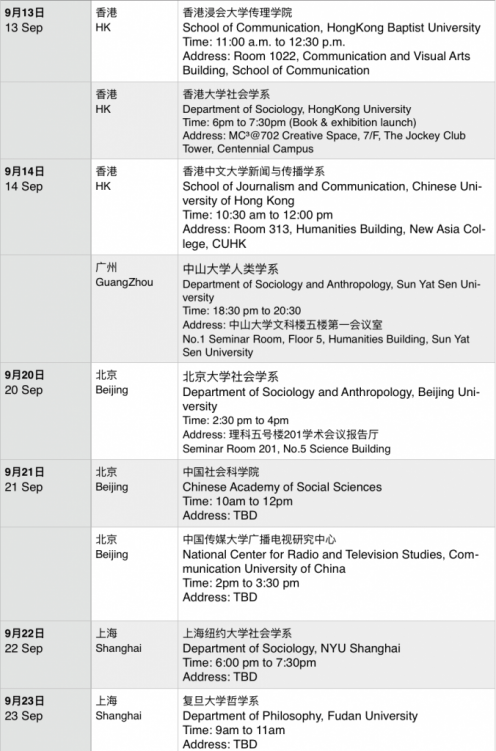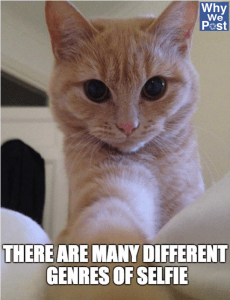Call for papers: Europe and the World – A Law Review
By ucylcas, on 15 March 2017
The editors of Europe and the World – A Law Review are delighted to announce the launch of their journal and invite papers for publication.
Europe and the World – A Law Review aims to contribute to legal scholarship on the place of Europe in the world, with a particular but by no means exclusive focus on EU external relations law. As a peer-reviewed open-access journal by a renowned university publisher it makes highest-quality work promptly available to a global audience. Open-access makes individual contributions and legal scholarship more visible, accessible, and accountable.
The journal serves as a forum where the national, international and EU perspectives meet and engage. The journal is therefore irreverent of traditional distinctions between EU, international, and national law. While primarily offering legal doctrinal and theoretical analyses, the journal also publishes multi-disciplinary work and political science and international relations contributions with an external perspective on the law of EU’s external relations.
The journal publishes article-length papers and shorter pieces offering an analysis of topical issues or recent cases, as well as review articles and special issues. The journal welcomes the submission of highest-quality papers in the following formats:
- ‘Articles’ (8-12,000 words),
- ‘European Law and Practice’: case notes, current legal developments (5-8,000 words),
- ‘Book reviews/review articles’ (once a year)
Papers published in the journal will be freely available online via UCL Press, starting with the first issue in July 2017.
Submission Procedure
Please submit your paper with an abstract of about 250 words and 5 keywords (for details please see the journal’s Author Guidelines) by email to europeandtheworld@ucl.ac.uk. We are aiming for a quick revision process, which should not usually exceed 10 weeks.
For all queries concerning the submission of papers please contact the Editors-in-chief at: europeandtheworld@ucl.ac.uk.
Submitted papers should adhere to the format requirements of Europe and the World: A Law Review. Before your submission please visit the author guidelines for the journal at: https://www.ucl.ac.uk/ucl-press/browse-books/europe-and-the-world.
Christina Eckes, University of Amsterdam
Piet Eeckhout, University College London
Anne Thies, University of Reading
For more information on the Editors, the Editorial Board and the Journal please visit: https://www.ucl.ac.uk/ucl-press/browse-books/europe-and-the-world
 Close
Close









